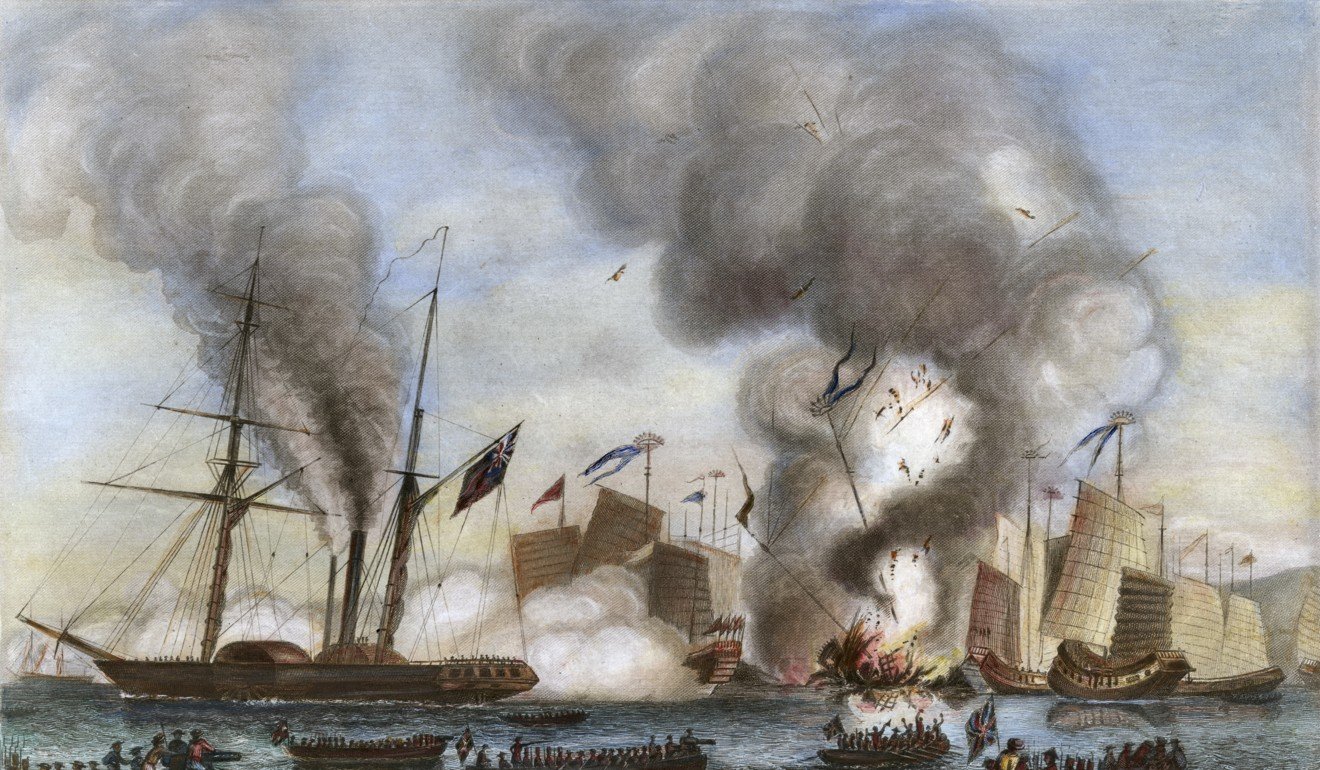
Might trumps right: lessons learned by China in the opium wars ring true in US trade row
Beijing understands from bitter experience that great powers can act how they please, morality be damned
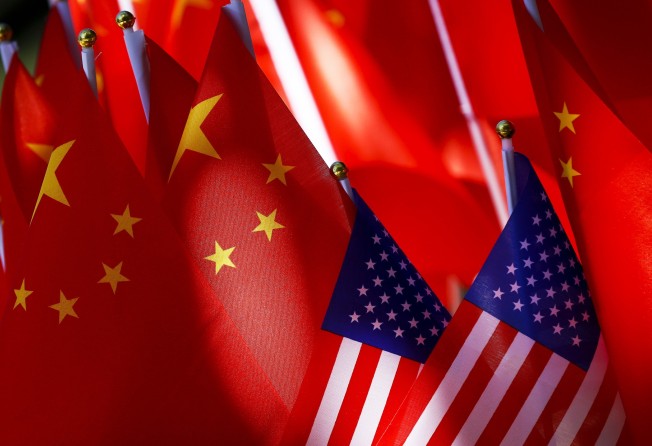
Are there lessons Beijing can draw from the first opium war (1839-42) as it faces an increasingly adversarial United States that regards China as a threat to its strategic dominance?
That war saw a British force of about 20,000 troops sail to defeat a Chinese army of more than 220,000 marshalled by the Qing dynasty then ruling China. It marked the beginning of what has been seared into the Chinese memory as “100 years of humiliation” by foreign powers.
Chinese leaders through the years would invoke it to whip up nationalist sentiment to resist any perceived threat by foreign powers, a clarion call that has been sounded in the current trade war with the US. As in the present row, what sparked off hostilities with Britain was, ostensibly, a very sizeable imbalance in bilateral trade.

By the early 18th century, the British had so taken to drinking tea that some in the British government called it a “necessity of life”. The tea came from the southern Chinese city of Canton, designated by the Qing government as the only place where trading with foreigners was allowed. By 1725, the British East India Company was importing 250,000 pounds of tea per year. This ballooned to 24 million pounds per year by 1805.
Unfortunately for the British, the Chinese bought few British products, and worse, they wanted to be paid only in silver. Thus, between 1710 and 1760, Britain paid 26 million pounds of the precious metal for its tea.
Britain soon ran out of silver and ideas of how to pay for its tea until it stumbled on the one item the Chinese liked and became addicted to – opium. In 1773, the East India Company secured a monopoly on the production and sale of opium grown in India.
And so, through subterfuge and underhanded tactics such as using smugglers, the British flooded the Chinese market with opium – paid for in silver, of course – even though it was banned by the Qing government. In the last decade of the 18th century, 200 chests of opium, each weighing 64kg, went from India to China. By 1838, this grew to 40,000 chests, and the trade deficit had reversed in Britain’s favour. The Qing government, alarmed by the addiction spreading like wildfire among its subjects, ordered Viceroy Lin Zexu to stamp out the problem.
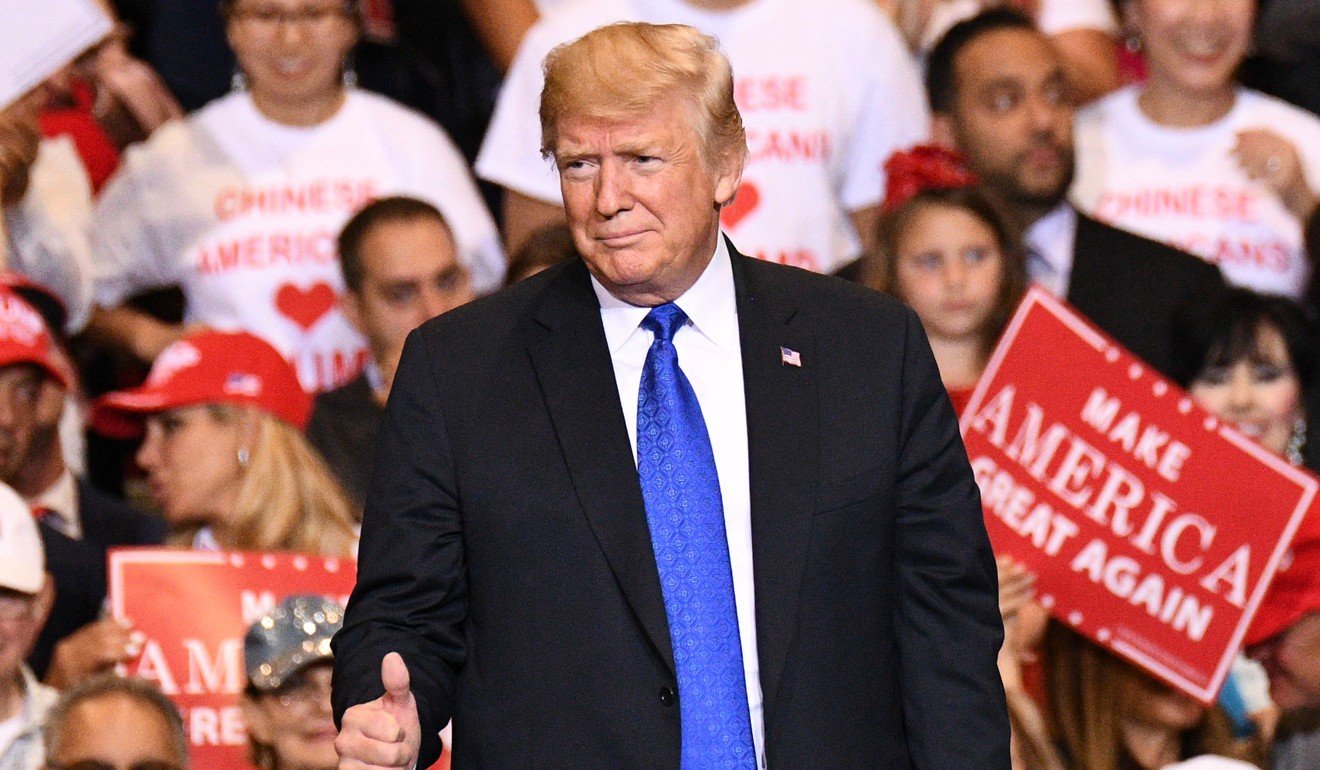
He took drastic action, including the confiscation of more than 20,000 chests of opium and detention of the British traders. The British merchants called on London to intervene. When negotiations failed, London sent the Royal Navy and the rest, as they say, is history.
Today, China and the US are staring at a trade deficit of US$222.6 billion, as of July this year, according to US Census Bureau figures. The US exported US$74.3 billion to China and imported US$296.8 billion.
But it would be a mistake to think the trade row would blow over if China agreed to import more Boeing aircraft or Harley-Davidson motorcycles, just as it is wrong to think the opium war was only about opium or compensation for the British traders.
At the time, Britain was ambivalent about going into a war on behalf of drug smugglers, as American historian Stephen Platt tells it in his book Imperial Twilight. For example, the young William Gladstone, who was to become four-time prime minister, wrote in his diary: “I am in dread of the judgments of God upon England for our national iniquity towards China.” He and other opponents of the war nearly succeeded in stopping it through an 1840 motion in the House of Commons.
In the end, Britain chose to attack China because, among other things, the accurate intelligence that it had gathered pointed to an opportunity to “open up” a weak China with a huge market and remove all restrictions on foreign traders. What followed its victory in 1842 was a succession of unequal treaties in which China was forced to give concession after concession to not just Britain but also other imperialist powers, including Japan.
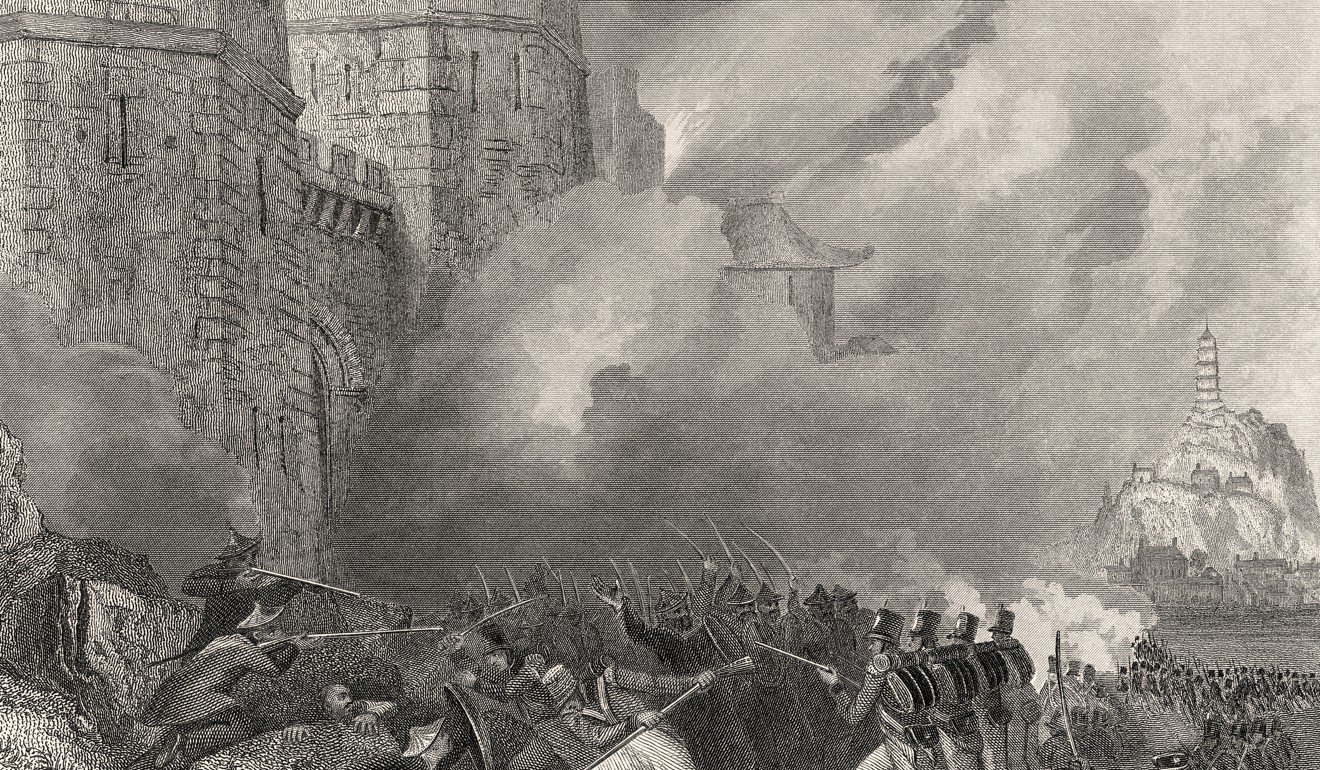
Herein lies the most important lesson – foreign powers could do what they wanted because of their might, morality be damned. Beijing understands this today even if Daoguang, the Qing emperor, did not. He thought it was just a law enforcement issue and China was on the moral high ground in ridding itself of the drug menace. He could not see the larger strategic picture.
Not so for Beijing today. It knows the US and its allies are fearful China will succeed in leapfrogging them in all the hi-tech sectors that matter in the future and so will do what they can to stymie that. Hence the complaints about Chinese subsidies for key industries, intellectual-property theft, denying entry of foreign companies into strategic sectors … the list goes on.
Beijing cannot be so stupid as to not realise there is merit to some of the complaints about its unfair trade practices. It has proclaimed time and again that it is embarking on reform and market liberalisation. But how far and fast to go without jeopardising its own development strategy – or appearing to the world to be stalling? Having declared it will not negotiate “with a knife at its throat”, it must be looking for a way out without looking as if it has capitulated to US pressure.
In this regard, Chinese historian Mao Haijian has thrown up an interesting thought in his book on the opium war, Collapse of the Celestial Empire.
He points to another seminal event in Asian history – the opening of Japanese ports to American traders after a show of force by commodore Matthew Perry, whose naval convoy sailed into Tokyo Bay in 1853 to prise open markets Japan had closed to the world for 220 years.
Mao argues that the Tokugawa shogunate, the de facto ruler of Japan at the time, was right not to resist the Americans’ gunboat diplomacy, having watched the Qing government fight vastly superior British forces. This so stirred the elite in Japan that they overthrew the inward-looking shogunate, implemented important reforms through the Meiji Restoration, abandoned learning from the Chinese and turned to imbibing Western ideas and technology in a concerted national movement best described as “Japanese soul, foreign skills”. Within 50 years, Japan became a world power.
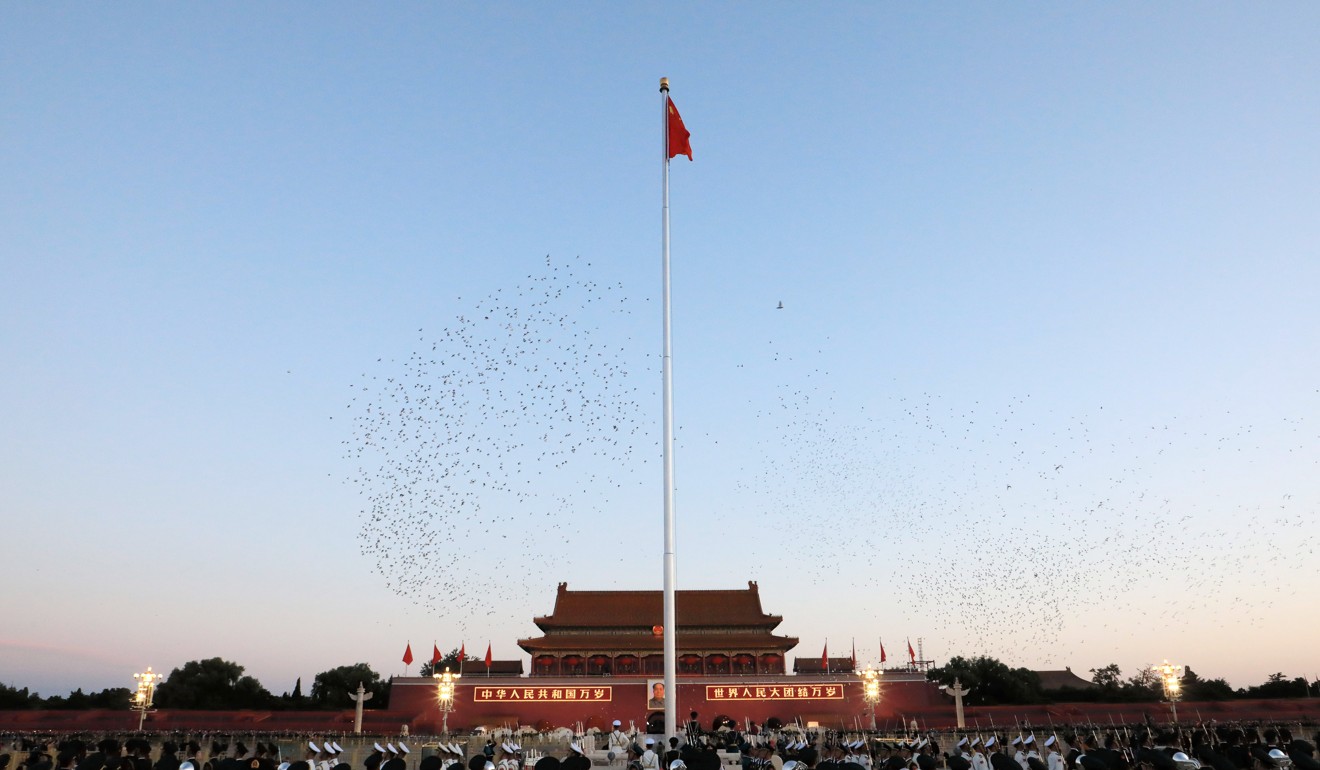
Mao is careful not to suggest the Qing government not put up a fight. But the careful reader might discern a hint that war could have been prevented had cooler heads prevailed – and China could have had breathing space to build its capabilities and fight another day.
On that, US historian Platt is in agreement. His view is that had Viceroy Lin and his British interlocutor Charles Elliot not overreacted and caused a collapse in talks, the outcome could have been very different.
So is there room for China and the US, now seemingly locked on a collision course, to pause and ponder? Former Australian prime minister Kevin Rudd, who knows his China, thinks Beijing is likely to double down.
If he is right, it can only mean Beijing is prepared for the worst. And having seen how the Royal Navy could roam freely in its waters and attack cities at will during the opium war, it is inconceivable that Beijing has not learned the importance of protecting its sea lanes.
Why else is it investing heavily in a rapid military build-up in the South China Sea? ■